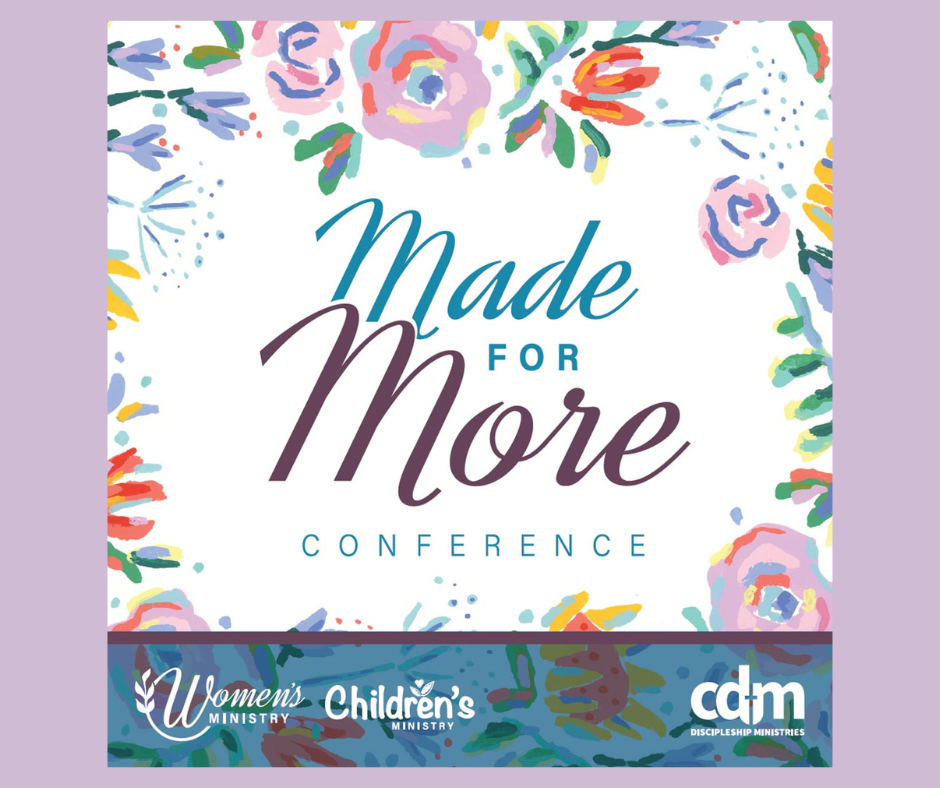A Backwards Birth Into Heaven
SUSAN TYNER | CONTRIBUTOR I watched my Daddy be born into Heaven today. We were all around him as he lay dying in his bed at home. I squeezed his hand on one side while Mama grasped the other, my sister balancing on the mattress at his head while my brother held his feet. With our spouses and his many grandchildren crowded around, we sat with him one more time in his bedroom. We were no strangers to this room—there for about fifty years we had yelled at Ole Miss football games on the TV, nursed coffee during early morning talks, climbed into the warm covers while he read his Bible in a close by chair, even played tic-tac-toe in lotion on his back. Decades of normal breathing and living. And so, it was a blessing that when he needed to die, we could be in that familiar-made-sacred space together. I never saw someone die before, and it’s amazing how the human body will struggle to stay alive. We held our breaths as we counted his. He would pause breathing and we would look at each other, is this it? only to see him gasp air again. This happened so many times that once we laughed because it got comical for such a heavy moment—or maybe we just needed to release a tension we were not used to holding for so long. The hospice staff told us he could hear us even though he couldn’t respond, and Daddy proved them right when he squeezed Mama’s hand, responding that he loved her. His clavicle strained just like my little boy’s did when he had croup. We felt his pulse slow, lagging only a little behind his breath. At some point we attempted to comfort him by reciting Psalm 23 as a group. I think we added thirty minutes to his life because we flubbed it so bad my mom had to take over like the school teacher she is. Again, we laughed. How terrible for Daddy to hear us collectively fail a basic test when he had invested his adult life teaching us the Bible. Here we had been telling him to go and not worry about us and he’s lying there thinking, WHAT? My kids can’t even remember The Lord is My Shepherd?? What kind of shape am I leaving them in? Then, although we knew he was leaving, it was weird when in one moment after midnight, he did not catch his breath. Suddenly, he was gone. And, we did not feel like laughing anymore but going to our corners of the house to be quiet and do whatever one does after watching your role model leave your world. What seemed like only moments later, the funeral home is on site, desecrating our sacred bedroom. As I fill out paperwork, the hospice nurse tells me that Daddy, who practiced medicine for the hospice company, actually had worked earlier that week for them. I shouldn’t have been surprised. He pushed and tackled cancer’s pain the way he played linebacker at Bentonia High School. Whether it was football, medicine, church, or a good Mississippi snow day, Will Thompson left it all on the field. Why would his death week be any different? I see them put Daddy’s body in a plastic bag. As a doctor, he saw death a lot and this scene would not shock him. I did not know at the time it was shocking me. I assumed my head knowledge that he was in a better place would inoculate me from shock—that the theology I had been taught would cushion the impact grief causes....










